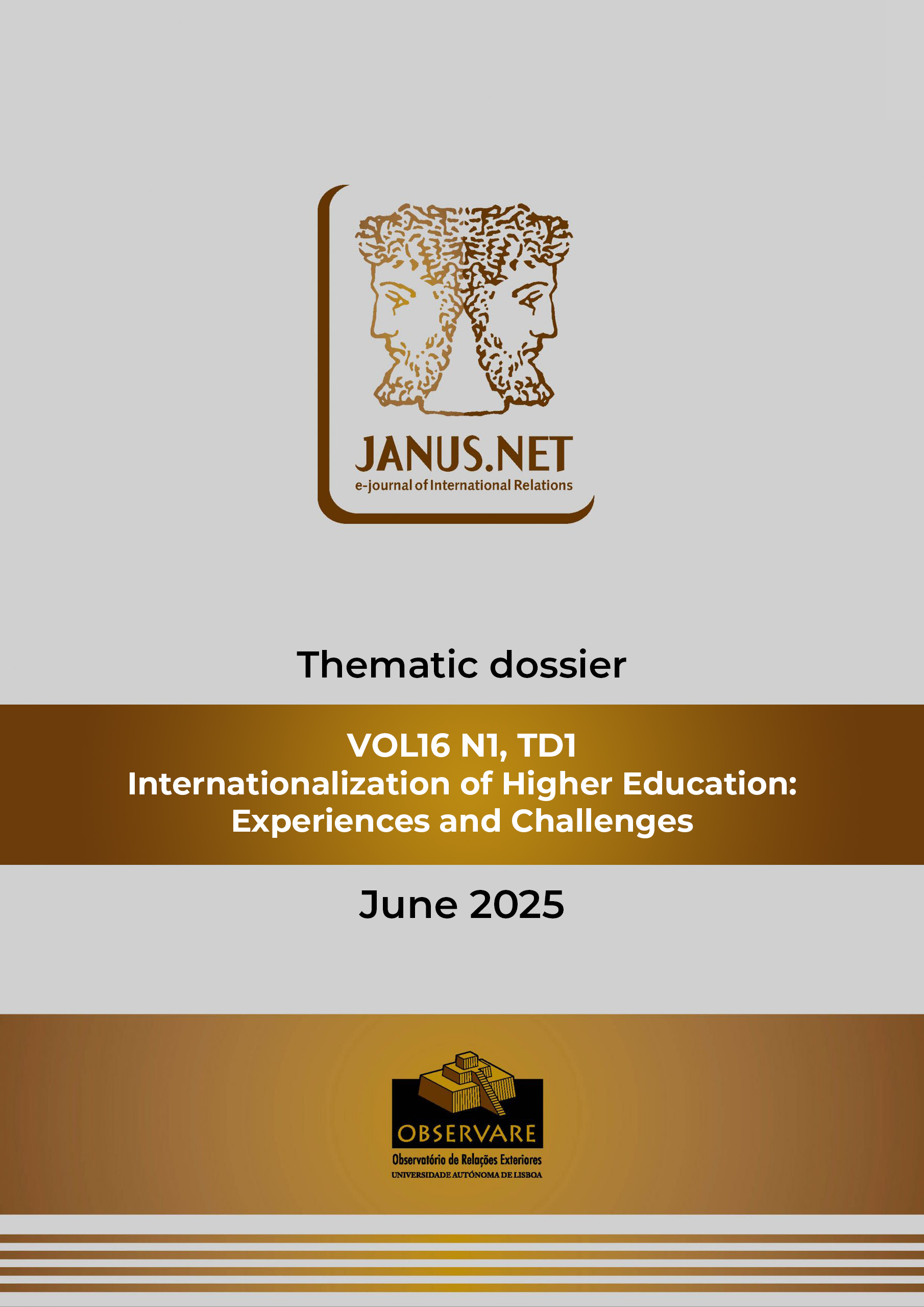The information revolution of the 21st century brought several significant changes in the field of education, among many the spread of WEB 2.0, MOOC systems and artificial intelligence ultimately further blurring the line between the digital-analogue world. In this context history and civic education have become even more significant, giving information and media literacy a more prominent role. It should be the role of teacher training institutes to prepare future educators to tackle challenges and build on new opportunities. The concept of digital citizenship appears in the literature and curricular development goals, which also implies the ethical, responsible and safe possession and application of digital literacy and media literacy competences in both secondary and tertiary education (Erdem et al, 2022). Our study explores the relationship between media literacy, digital literacy and digital citizenship competences in the field of history and civic education. During the content analysis of the literature, global and EU strategy reports, we examined the most important challenges and objectives formulated in the topic. The results include the increasing role of information and media literacy since the 2010s, the approaches to citizenship education and a model of the key concepts in the title in the form of a competence network.
DEVELOPMENT OF INFORMATION LITERACY IN HISTORY AND CIVIC EDUCATION AS A 21ST-CENTURY LEADERSHIP SKILL
https://doi.org/10.26619/1647-7251.DT0325.1
ÁRON FEKETE, RICHÁRD FODOR, JÁNOS SETÉNYI
Abstract
Keywords
Information Literacy, Media Literacy, Civic Education, Digital Pedagogy, Disinformation, Leadership Skills
Artigo publicado em 2025-06-03

